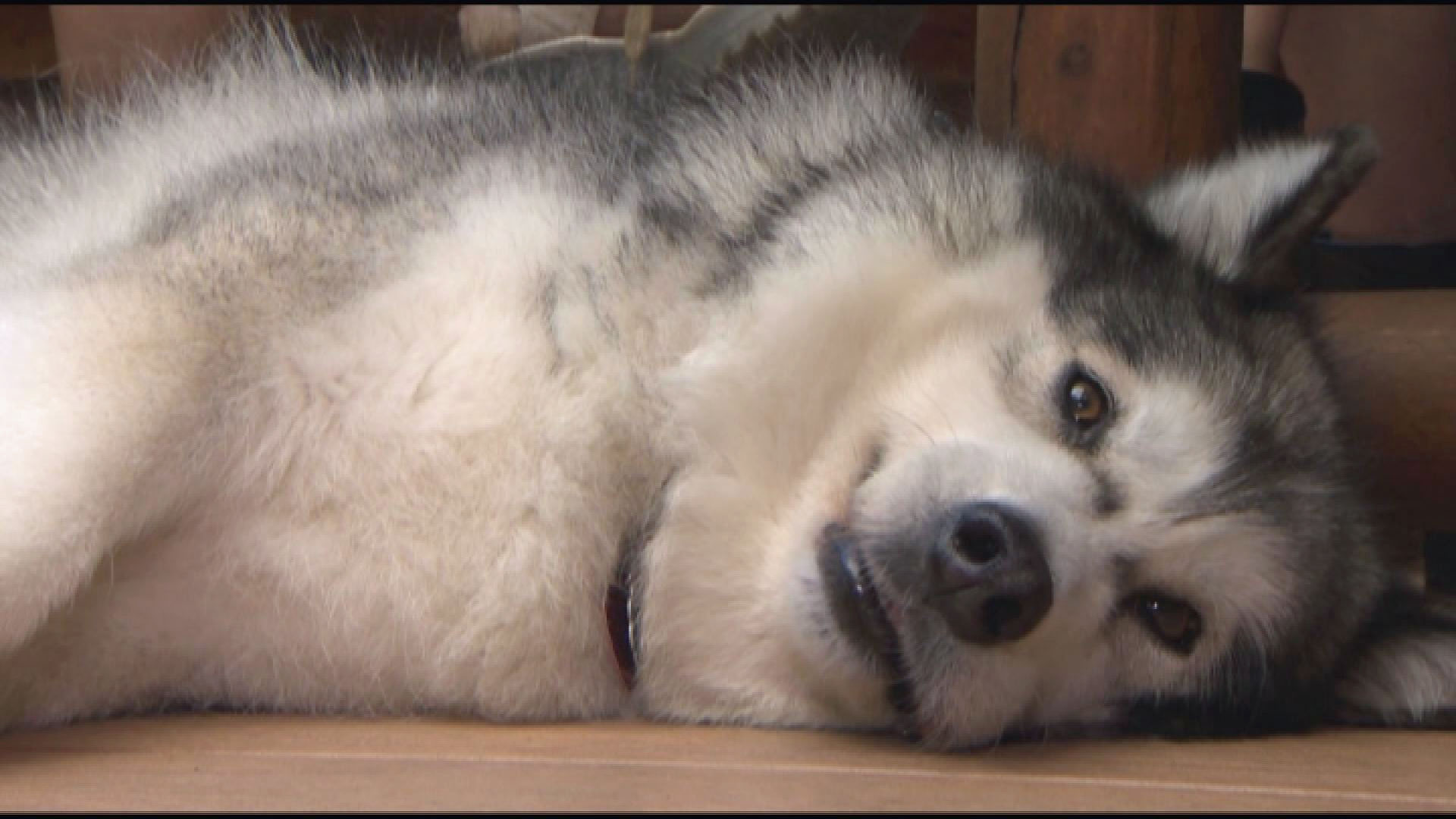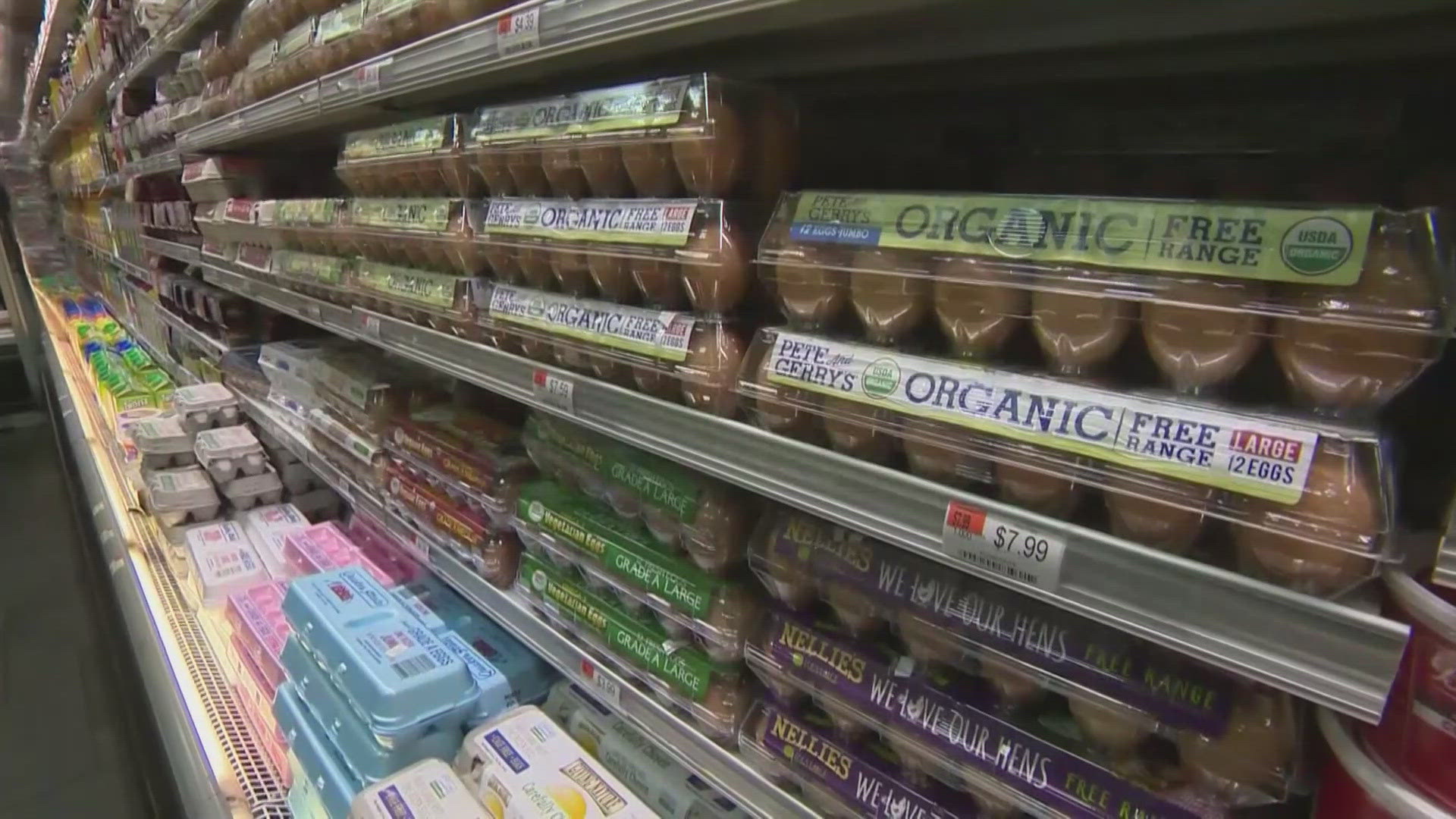New York, NY (CBS) -- More and more pet owners are choosing to feed their dogs and cats a raw diet, but some experts warn it may not be the best option.
Melissa Tinelli isn't making a meal for herself, she's preparing one for her dog Annie.
"I grind up vegetables that are either leftover from us or not -- we buy chicken necks," she says.
Tinelli started feeding her pets a raw diet after her last dog had stomach problems.
"From the time I switched him to a raw diet he was fine," she says.
A raw food diet consists of raw meat, bones, fruits and vegetables. Some pet owners and veterinarians believe there are health benefits, but many experts -- and even the FDA -- have safety concerns, not just for the pet, but owners too.
"The most important thing is organisms. There's high reports of salmonella, clostridium, campylobacter," says veterinarian Maureen Saunders.
Some vets are concerned raw diets may not be well balanced and could lack key nutrients.
"They have to make sure that everything is in it, meaning you can't just give pieces of chicken, pieces of meat too high in phosphorus, too high in calcium," Saunders says.
Bones can also be a problem causing intestinal issues.
Many pet stores sell already packaged, raw diet foods. The products tout many health benefits including improved digestion and higher energy levels.
Dr. Sara Winikoff, a holistic veterinarian, believes a raw diet can improve a pet's coat, teeth, and boost the immune system.
"The raw diet is the way that nature intends for animals to eat. We are the only ones that cook our food," Winikoff says.
Tinelli tries to keep Annie's raw diet well balanced, she even includes a daily supplement.
"She's eleven and a half and she has a lot of energy," says Tinelli.
But experts say when changing your pets diet it's always best to consult a veterinarian. Experts also advise that the dishes of pets on a raw diet are always immediately washed after every meal.


